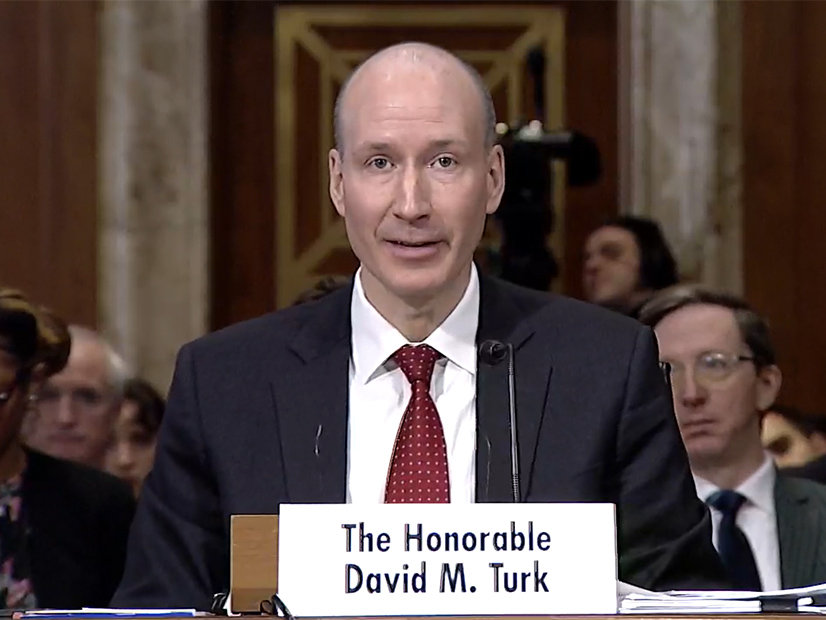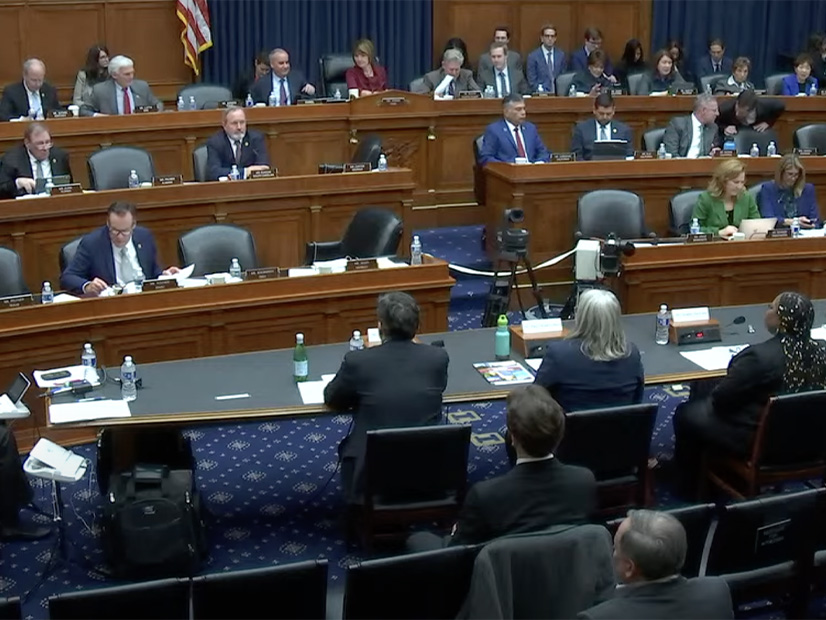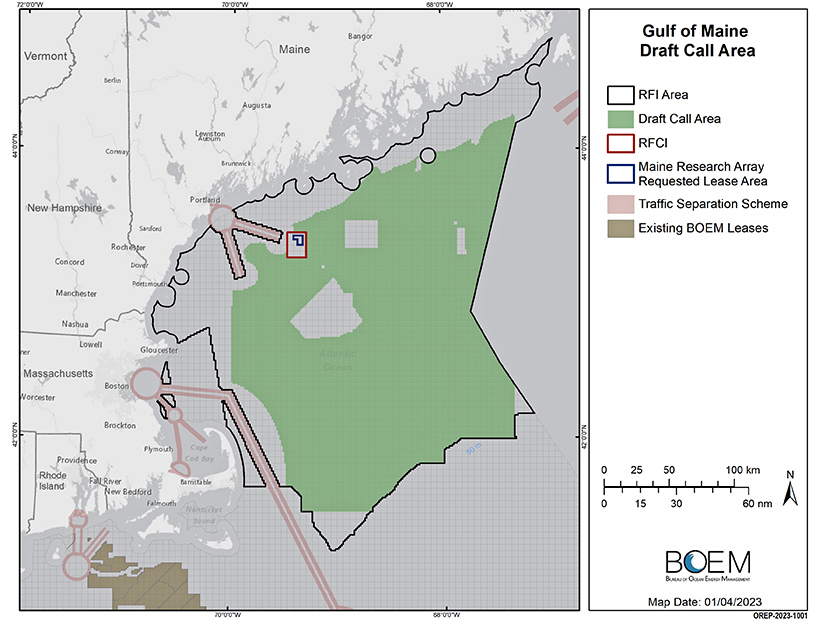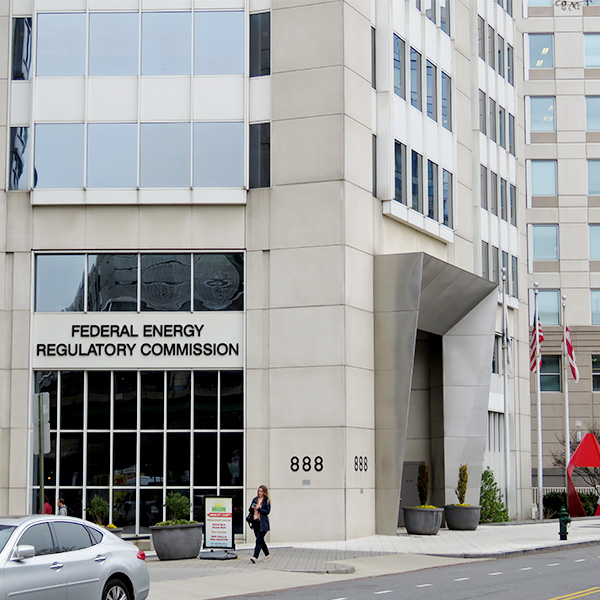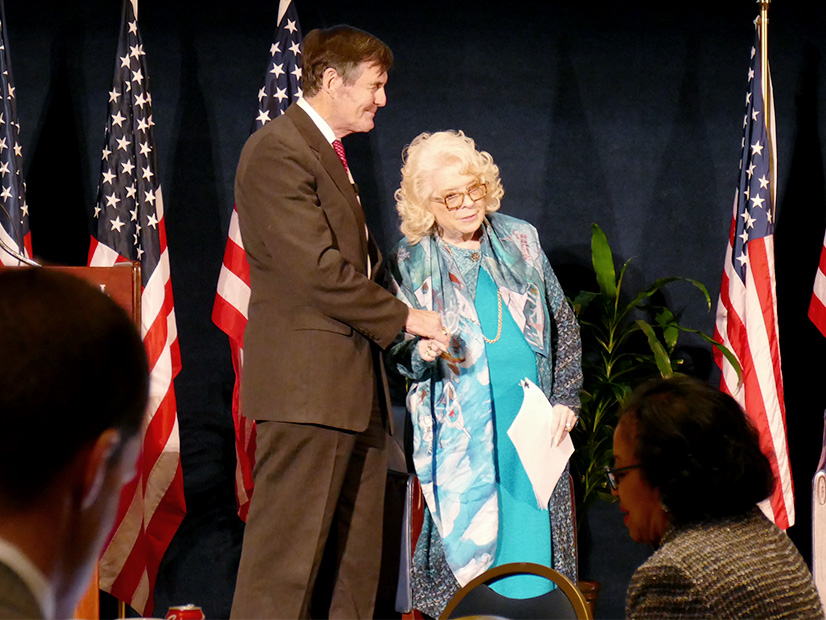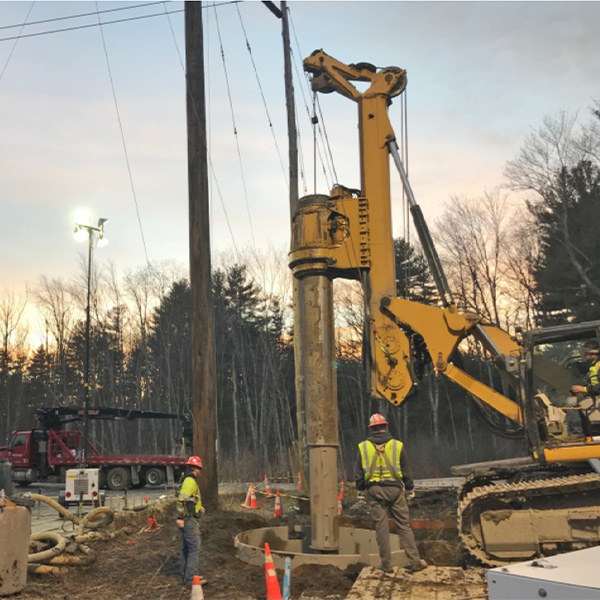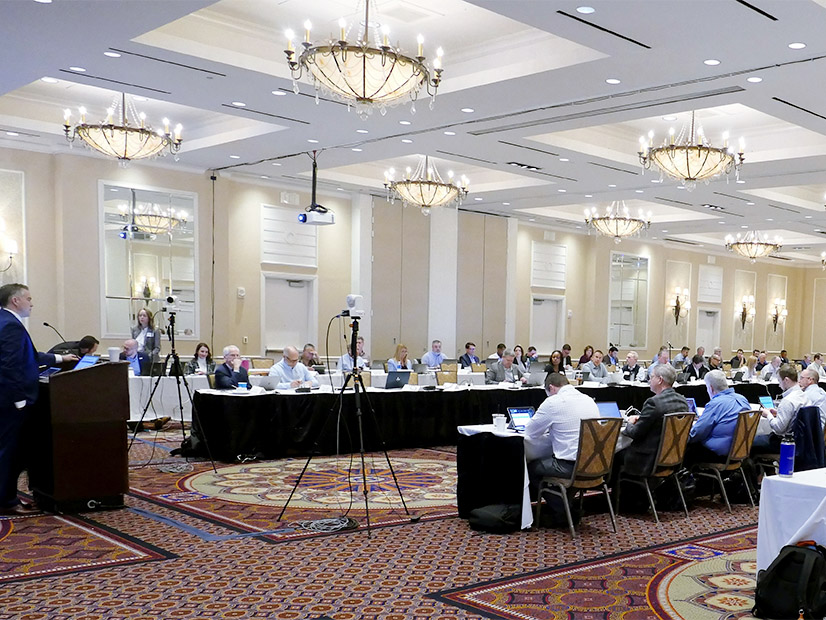FERC & Federal
The Federal Energy Regulatory Commission is an independent regulatory agency that oversees the transmission of electricity, natural gas and oil in interstate commerce, as well as regulating hydroelectric dams and natural gas facilities.
A political war is looming over the interpretation and implementation of both the Infrastructure Investment and Jobs Act and the Inflation Reduction Act.
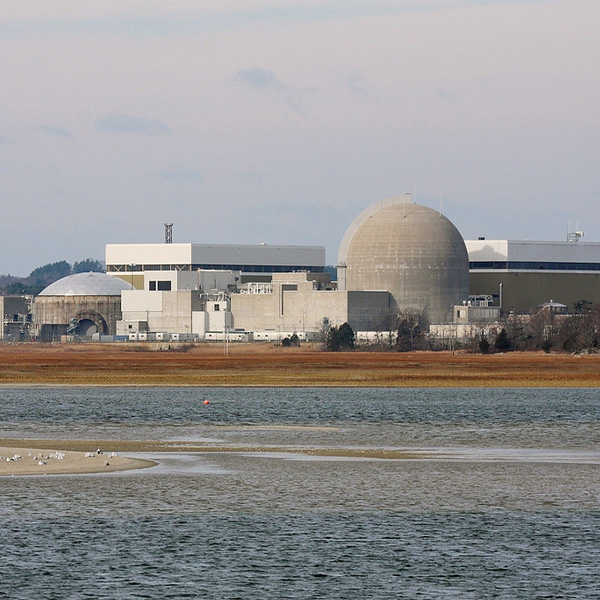
Jim Richmond, CC BY-SA 2.0, via Wikimedia Commons
FERC settled a dispute between NextEra Energy and Avangrid over whether the former should be responsible for upgrading a circuit breaker at Seabrook.
Tony Clark and Vince Duane question whether the single marginal price construct still works with the increase in low-cost intermittent resources.
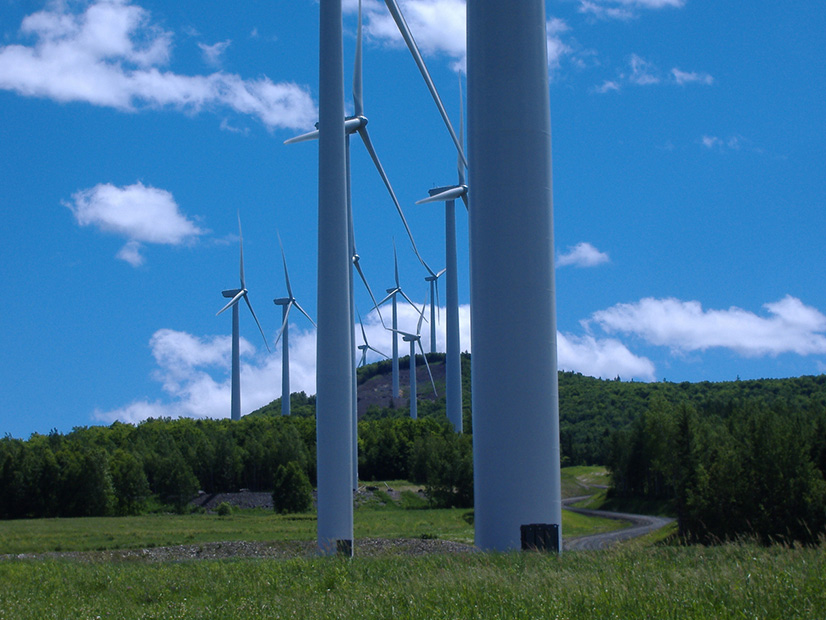
Michael Surran, CC BY-SA 2.0, via Wikimedia Commons
PJM members’ vote to limit resources’ capacity interconnection rights is not likely to end the dispute over how the RTO accredits intermittent resources.
The partisan divide was clearly visible at the House Energy panel's first hearing, but witnesses suggested they might find common ground on permitting “reform.”
BOEM wrapped up a series of info sessions in Maine, Massachusetts and New Hampshire, seeking feedback as it develops a map of potential wind farm sites.
FERC conditionally accepted NYPA's proposal to revise its formula rate template in response to its need to bring on large amounts of clean generation.
Top leaders from Washington, D.C. and energy trade groups gathered in person for the U.S. Energy Association's Annual State of the Energy Industry Forum.
The court upheld a FERC order requiring $11.5 million in refunds from Ameren Illinois after 10 years of misreporting costs.
SPP and MISO plan to apply for grants from the Department of Energy to help fund five transmission projects recently identified in their JTIQ work.
Want more? Advanced Search
